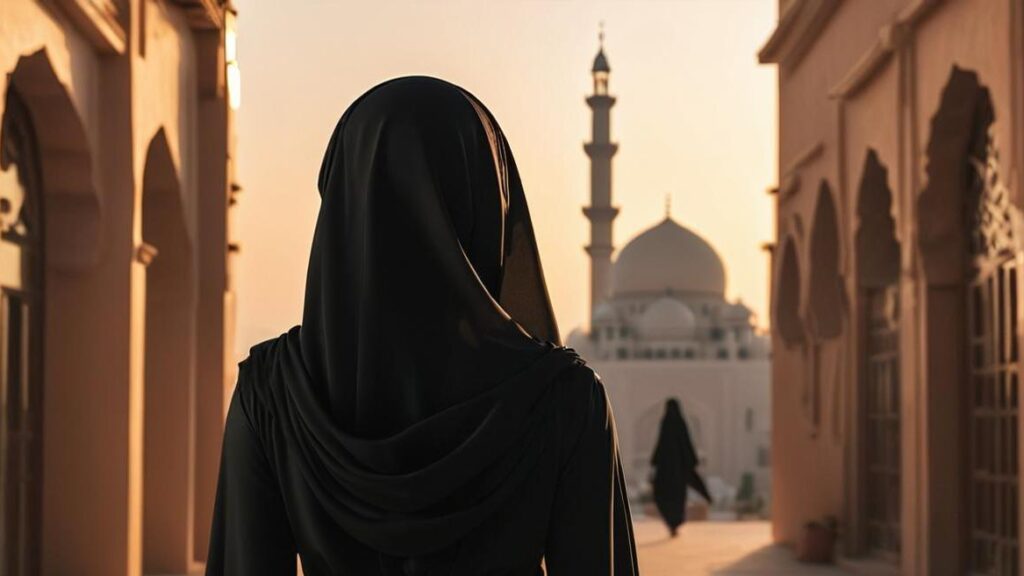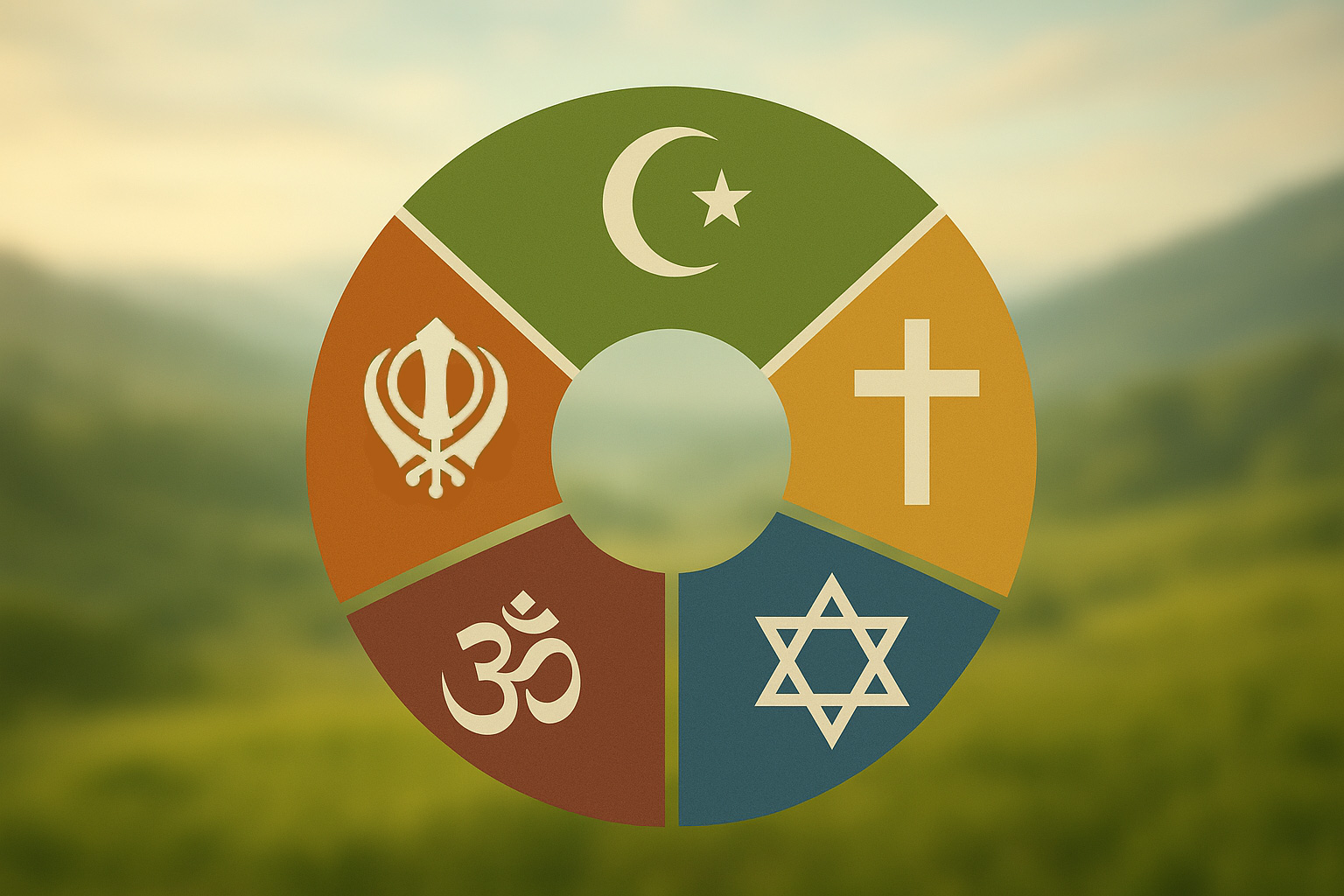SAYEDA NAYELA, CUTTACK
MAY 14, 2024
Since the inception of modernisation, Islam has faced criticisms for its teachings pertaining to women, which are claimed to be discriminatory by modern society. Be it her role in marital relations, her freedom to dress as she pleases, or her economic rights, Islamic teachings are, they argue, designed to relegate women to an inferior status.
However, it is important to note that these criticisms hold no merit, considering that they tend to judge Islam according to the moral standards set by none else but the modern world itself. Yet, if we undertake an unbiased study of history, we will be compelled to admit that Islam actually pioneered many rights of women, which continued to be denied to them even centuries after Islam.
This article would limit its scope to explaining how Islam was way ahead of its time in establishing the economic rights of women. Before exploring the Islamic teachings in this regard, it is necessary to have a brief idea of the societal conditions, particularly the vulnerability of women, in pre-Islamic Arabia.
The Age of Ignorance
The Arabian peninsula was divided into two regions: the northern arid region, mainly inhabited by Bedouins and the settled tribes, and the southern rain-fed areas where Sabians or Himyarites of Semitic descent lived with a developed political structure.[1] Hence, the peninsula comprised diverse communities with different customs, languages and lifestyles. As society varied from place to place, so did women’s rights.
On the one hand, there were strong, independent, and influential women like Khadijara, the first wife of the Holy Prophetsa, although this group represented a tiny percentage of society. On the other hand, the vast majority of women were kept inferior and were deprived of even the most basic rights.
Female infanticide was widespread in certain tribes due to fears of economic burden caused by poverty and the fear of humiliation if girls were captured by hostile tribes. In some cases, graves were prepared beside the bed on which a daughter was born.[2] Even if deemed worthy of life, they had no rights and were treated mostly as vessels for breeding and sources of pleasure.
Marriage, in Arabian society, was considered a loose institution where wives could be divorced at will by their husbands[3] or, at times, even inherited.[4]
Moreover, Arabs followed a principle where only those who could ride horses and fight on the battlefield would inherit property.[5] This principle openly favoured men and excluded women from receiving any share in inheritance.
With this appropriate background, let us now explore Islamic teachings regarding women’s rights.
Inheritance rights for women in Islam
In the Holy Quran, we find an explicit system for distributing a decedent’s estate among all heirs, including women. This complete and perfect law took women out of the depths of oppression and established their rights. Hence, those who were themselves treated as property and were inherited were given the right to inheritance. The Holy Quran states:
“For men is a share of that which parents and near relations leave; and for women is a share of that which parents and near relations leave, whether it be little or much — a determined share.”[6]
The detailed commandments regarding the inheritance rights of a woman in her different capacities are embodied in the Holy Quran as follows:
Share of daughters in inheritance
- If a person leaves behind both sons and daughters as heirs, a daughter’s share would be half that of a boy’s.
- When only daughters are heirs, they would collectively inherit two-thirds of the property.
- If the deceased has only one daughter, she would receive half of the inheritance.[7]
Share of sisters in inheritance
- If the deceased person’s sole heir is his sister, she would receive half of the property.
- When there are two or more sisters as heirs, they would collectively inherit two-thirds of the property.
- If the deceased leaves behind both brothers and sisters, then the sisters will receive a share equal to half of what the brothers would receive.[8]
Share of mothers in inheritance
- If the deceased leaves behind children and parents, each parent will have one-sixth of the property.
- If the deceased has no children, the mother will inherit one-third of the property.
- In cases where there are no children but the deceased has siblings, then one-sixth of the property will go to the mother.[9]
Share of wives in inheritance
- If the deceased has no child, then the share of the wife will be one-fourth of the property.
- However, if the deceased leaves behind children, then the wife will inherit one-eighth of the property.[10]
Tilting the scale in favour of women
Those who criticise the Islamic system of inheritance detailed above as discriminatory towards women conveniently ignore the financial obligations Islam places upon men.
Under the Islamic family system, men are entrusted with the responsibility of providing for the household. Even if the wife earns or has a source of income, the husband is still commanded to look after the family, while the wife is exempt from bearing any financial burden. Similarly, while a man is bound to spend from his share of inheritance upon other family members, a woman’s share solely belongs to her. Hence, the principle is simple: larger shares are allocated for the sustenance of more individuals, while smaller shares are designated for fewer number of people.
In addition to the right to inheritance, Islam also stipulates laws to ensure that women are granted financial independence in every aspect. Hence, a husband is obliged to pay his wife a sum in the form of dower (mahr). The Holy Quran states:
“And give the women their dowries willingly.”[11]
This is a woman’s right and should be paid to the bride and not her family, hence refuting any claim that this is a ‘price’ on woman which relegates her status as an ‘object for sale’.
Does Islam perpetuate patriarchy?
Another question needs to be addressed here: Why does Islam impose restrictions upon women in the name of the veil and discourage them from working outside, further perpetuating their dependence on their male counterparts? Is this not how Islam institutionalises male domination in society?
Let it be stated that Islam does not forbid women from participating in social activities, as is evident from the example of the first wife of the Holy Prophetsa, as well as many other women of the early Islamic era. However, Islam accords considerable attention to women’s physical condition while stipulating their duties in the family. Women are biologically in a more responsible position than men when it comes to nurturing children and taking care of the family. It was therefore essential for them to be freed from the responsibility of earning, for which reason men have been appointed as their guardians.[12]
However, women in Islam are free to pursue careers, jobs or businesses. A close study of medieval history reveals the involvement of Muslim women in various commercial activities, leading to their monopoly in highly skilled sectors like textiles, including spinning and dyeing.[13] It is very much evident from history as to how much this sector owes to the prosperity of the Arab nations.
Looking through the prism of reason, what is clear, however, is that treating women as inferior in any way is contrary to the basic rights and equality accorded to them by Islam. Undeniably, the journey of Arabian society from the age of ignorance to the age of Islam witnessed profound changes in their societal norms, particularly in the status of women. It replaced their tribal customs with universal human values and acknowledged women as free human beings with full rights of their own.
“But whoso does good works, whether male or female, and is a believer, such shall enter heaven”[14]
Sayeda Nayela holds a Bachelor’s degree in Chemistry from Ravenshaw University, Cuttack. She has a keen interest in International Relations and Philosophy.
END NOTES
[1] The Cambridge History of Islam, Peter Holt et al., v. 1, pp. 4-6
[2] Kinship and Marriage in Early Arabia, W Robertson Smith, p. 293 (Adam and Charles Black, London, 1907)
[3] Women, the Koran and International Human Rights Law, Niaz A Shah pp. 34-35
[4] Kinship and Marriage in Early Arabia, W Robertson Smith, p. 105 (Adam and Charles Black, London, 1907)
[5] Ibid, pp. 65-66
[6] Holy Quran 4:8
[7] Holy Quran 4:12
[8] Holy Quran 4:177
[9] Holy Quran 4:12
[10] Holy Quran 4:13
[11] Holy Quran 4:5
[12] Holy Quran 4:35
[13] Labour in the medieval Islamic World, Maya Shatzmiller, p. 177
[14] Holy Quran 4:125













4 Comments
Fazal Haque Khan · May 18, 2024 at 2:48 pm
Very nice article, keep it up.
Allah Aur Kamiyabi o Taraqqi De.Aameen
Dr.SK Badruddin · October 20, 2024 at 3:02 pm
Mashallah Congratulations NAYELA
53rd rank in ODISHA Civil Services
and eagerly waiting for your Name in UPSC list .
Inshallah,Best wishes 🤞🏻
Atiyatul Qadir · May 18, 2024 at 4:03 pm
Truly appreciated
Raffia Rabbi · March 8, 2025 at 3:29 am
Beautifully explained..may Allah bless you for your bright future ahead..